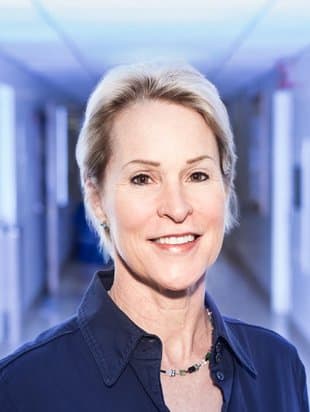AI to Genetically Encode Enzymes for Broad Chemical Transformations, Predicts Nobel Laureate Frances Arnold

Nobel laureate Frances Arnold has articulated a compelling vision for the future of chemistry, predicting the imminent advent of artificial intelligence (AI) tools capable of genetically encoding enzymes for a vast array of chemical transformations. This advancement, she suggests, will enable biology to perform complex chemical reactions traditionally considered the exclusive domain of human chemists. Her remarks underscore a significant paradigm shift in the field of biocatalysis, leveraging the power of AI to accelerate enzyme design and discovery.
Professor Arnold, a recipient of the 2018 Nobel Prize in Chemistry for her pioneering work in directed evolution, has long championed the use of evolutionary principles to engineer enzymes with novel functions. Her method involves mimicking natural selection in the laboratory, iteratively mutating and selecting enzymes for desired properties. This foundational work has already revolutionized the production of sustainable fuels, pharmaceuticals, and industrial chemicals.
The integration of AI and machine learning (ML) into this process is poised to overcome long-standing challenges in protein engineering, such as navigating the immense sequence space of possible proteins and understanding complex epistatic interactions. AI-assisted directed evolution (ALDE) can predict optimal enzyme variants more efficiently, enabling the creation of enzymes for "new-to-nature" chemical reactions that are not found in biological systems. This computational power significantly reduces the experimental burden and accelerates the development timeline.
As Frances Arnold stated, "I think we will soon have AI tools to genetically encode—i.e., make #enzymes for—many useful chemical transformations. On our way to getting biology to do all the chemistry we love (and think only humans can do)." This convergence of AI with directed evolution promises to unlock unprecedented capabilities in green chemistry and sustainable manufacturing, pushing the boundaries of what is chemically possible through biological means.